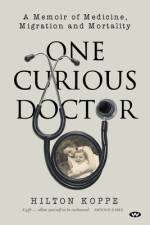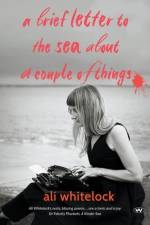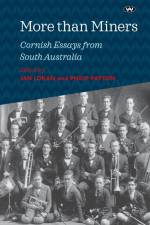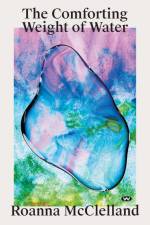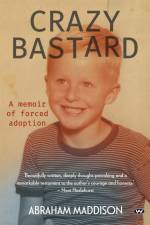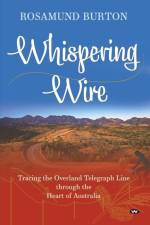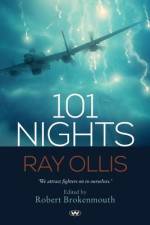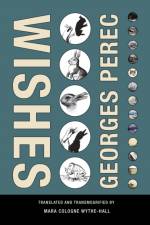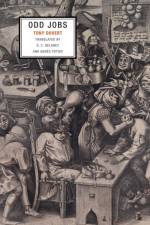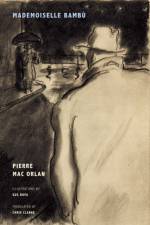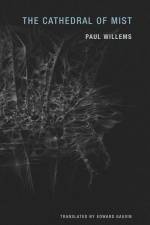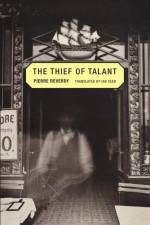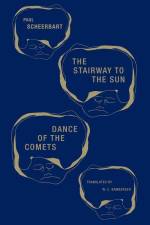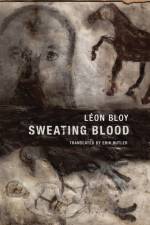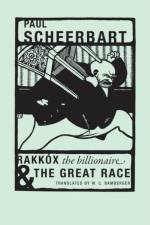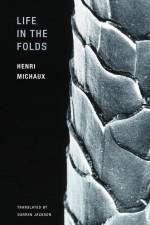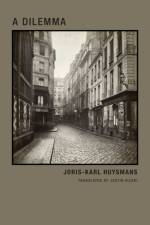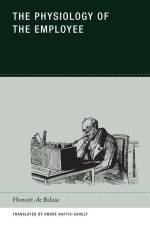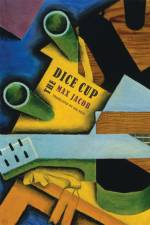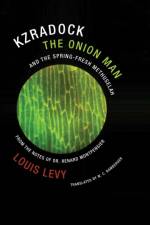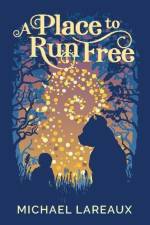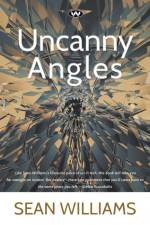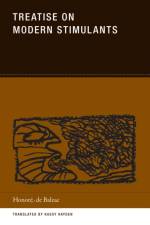av Paul Scheerbart
181
The Stairway to the Sun & Dance of the Comets brings together two short books, originally published in 1903, by the antierotic godfather of German science fiction, Paul Scheerbart. The Stairway to the Sun contains four fairy tales of sun, sea, animals and storm, each set in a different, fantastical locale, from the giant palace of an astral star to a dwarf's underwater glass lair in the jellyfish kingdom. Scheerbart's sad, whimsical tales provide gentle though unexpected morals that outline his work as a whole: treat animals as one would treat oneself, mutual admiration will never lead to harm and if one is able to remember that the world is grand, one will never be sad. Dance of the Comets, though published as an "Astral Pantomime," was originally conceived as a scenario for a ballet, which Richard Strauss had planned to score in 1900 (and which Mahler accepted for the Vienna Opera). Though the project was never realized, Scheerbart's written choreography of dance, gesture, costume, feather dusters, violet moon hair and a variety of stars and planets outlines a sequence of events in which everyone--enthusiastic maid, temperamental king, indifferent executioner, foolish poet--seeks, joins and, in some cases, becomes a celestial body: a staging of Scheerbart's lifelong yearning for a home in the universe. Paul Scheerbart (1863-1915) was a novelist, playwright, poet, critic, draftsman, visionary, proponent of glass architecture and would-be inventor of perpetual motion.

